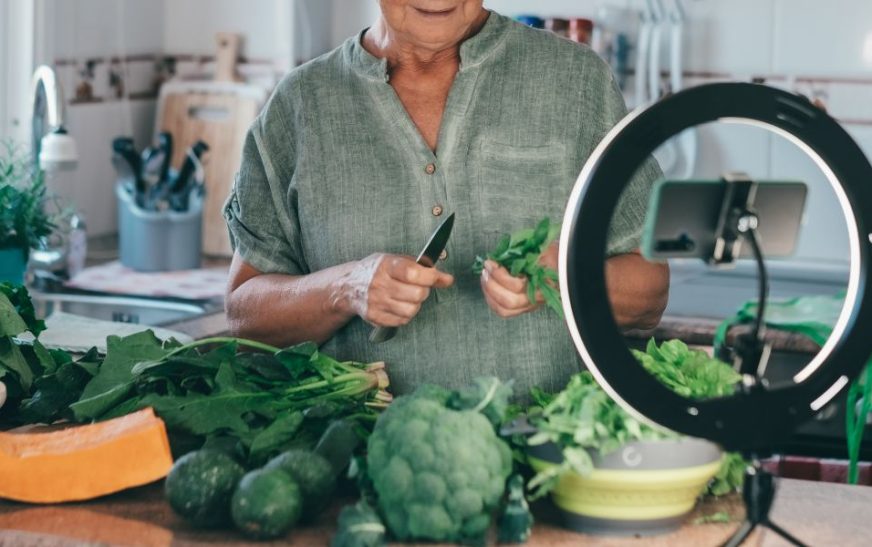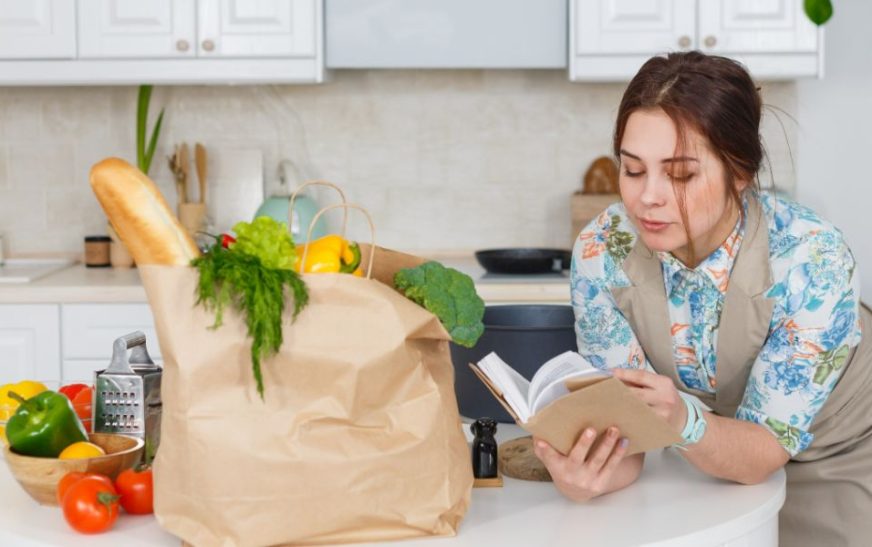In the ever-evolving landscape of culinary education, the integration of sustainable technology has emerged as a game-changer. This blog explores how sustainable tech is reshaping the way we teach and learn about the art of cooking. From online cooking classes to eco-friendly kitchen appliances, we delve into the exciting realm of sustainable culinary education.
The Rise of Online Cooking Classes
As we navigate the digital age, the culinary world is embracing a significant shift towards online cooking classes. These virtual cooking experiences are revolutionizing the way we learn to cook, making it accessible to a broader audience. Whether you’re a novice or a seasoned chef, these online classes offer the flexibility to enhance your culinary skills from the comfort of your own kitchen.
The Advantages of Online Cooking Classes
Online cooking classes offer a plethora of benefits:
Accessibility: Anyone, anywhere can participate, breaking geographical barriers.
Flexible Scheduling: Choose when to attend, making it easy to balance with your daily life.
Variety of Cuisines: Explore diverse culinary traditions and flavors.
Eco-Friendly: Reduced travel, energy, and resource consumption.
Sustainable Kitchen Appliances
In the pursuit of sustainability, the culinary industry is reinventing kitchen appliances. Eco-conscious chefs and cooking enthusiasts are now adopting environmentally friendly equipment, redefining the way we cook.
Energy-Efficient Ovens
Traditional ovens consume a substantial amount of energy. However, modern energy-efficient ovens utilize advanced technology to reduce energy consumption significantly. By incorporating precision temperature control and better insulation, these ovens not only save energy but also enhance cooking results.
Induction Cooktops
Induction cooktops are replacing traditional gas burners. They use electromagnetic fields to heat the cookware directly, offering precise temperature control, reduced energy waste, and increased safety. This sustainable technology is a game-changer for the modern kitchen.
Sustainable Ingredients and Farming
Sustainability in culinary education extends beyond technology; it also focuses on the ingredients and farming methods we use. As the world embraces the importance of eco-friendly choices, chefs and culinary educators are incorporating sustainable ingredients into their teaching.
Farm-to-Table Movement
The farm-to-table movement emphasizes sourcing ingredients locally, reducing food miles, and supporting small-scale farmers. This not only ensures freshness but also reduces the carbon footprint of culinary operations.
Plant-Based Cooking
Incorporating more plant-based options in culinary education promotes sustainable practices. With the rise of vegan and vegetarian diets, culinary schools are offering courses on plant-based cooking to cater to this growing demand.
Commonly Asked Questions
1. What are the key benefits of online cooking classes?
Online cooking classes offer accessibility, flexibility, and a diverse range of cuisines. They are also more eco-friendly, reducing travel and resource consumption.
2. How do energy-efficient ovens contribute to sustainability in the kitchen?
Energy-efficient ovens reduce energy consumption significantly through precision temperature control and improved insulation, making them a more sustainable choice.
3. What is the farm-to-table movement, and how does it impact culinary sustainability?
The farm-to-table movement promotes sourcing ingredients locally, reducing food miles, and supporting small-scale farmers, which decreases the carbon footprint of culinary operations.
4. How can I learn more about plant-based cooking in culinary education?
Many culinary schools offer courses on plant-based cooking to cater to the rising interest in vegan and vegetarian diets. You can enroll in such courses to learn more.
5. What are some sustainable kitchen appliances I can use at home?
Sustainable kitchen appliances include energy-efficient ovens, induction cooktops, and appliances with energy-saving features. These choices help reduce your environmental impact in the kitchen.
Final Words
The fusion of sustainable technology and culinary education has opened up a world of possibilities. From online cooking classes that break down geographical barriers to sustainable kitchen appliances that reduce our environmental impact, this marriage of innovation and tradition is ushering in a more eco-conscious future of cooking and learning. Embrace these sustainable culinary practices, and you’ll not only improve your culinary skills but also make a positive impact on our planet.


























